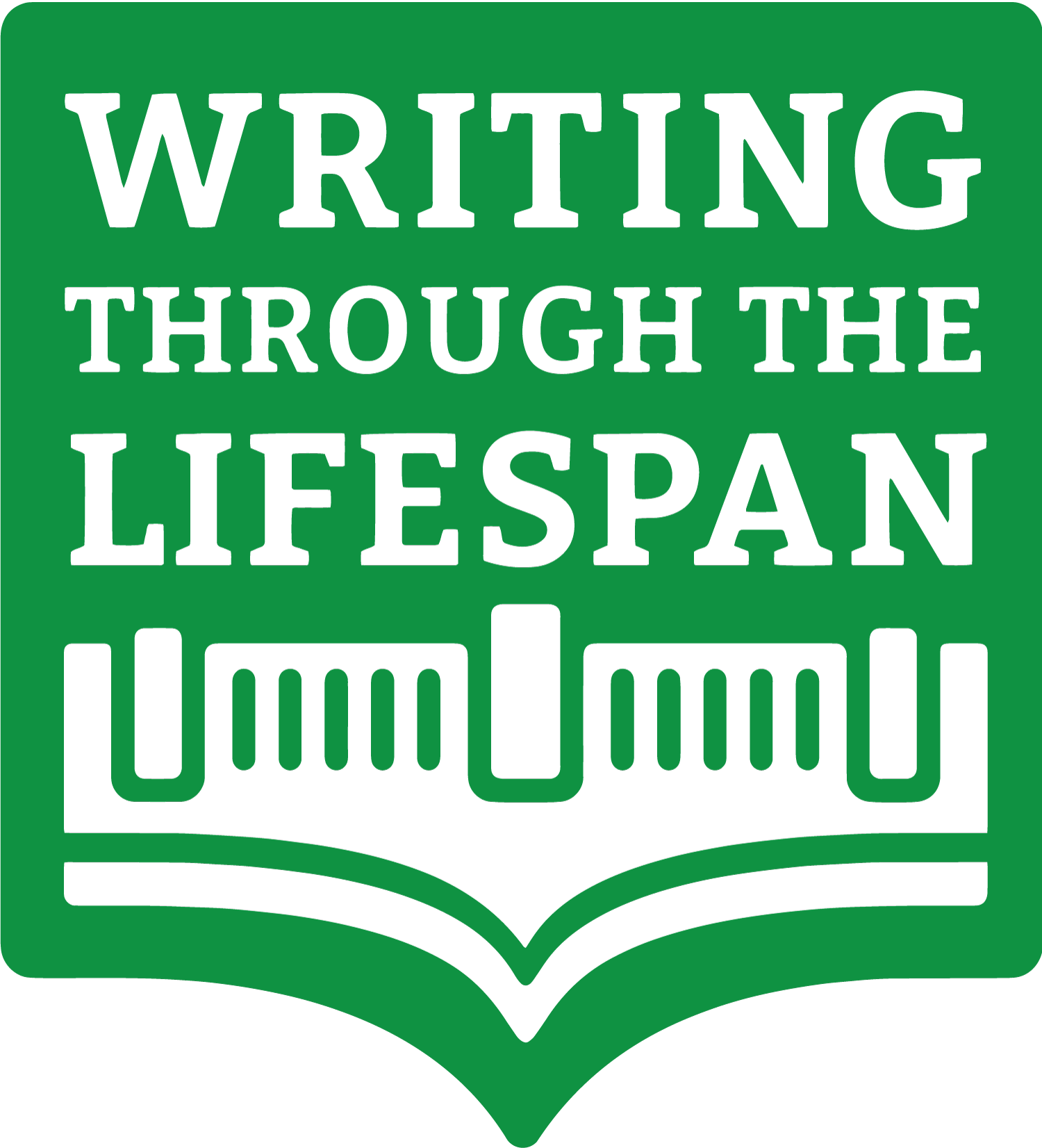The Writing through
the Lifespan Collaboration
Our Beginning
In August 2016, Charles Bazerman closed the Dartmouth Institute and Conference with a call for studying writing across the lifespan, from cradle to grave. He challenged his audience to begin thinking with a lifespan perspective--"stretching out time" in our studies and making our research "more longitudinal." This work by Bazerman served as the catalyst for the lifespan collaboration.
"Writing has become a very different thing over the 5,000 years that we've had it.”
— Charles Bazerman, 2016 Dartmouth Institute and Conference
Bazerman's call emphasized not only the ways in which writers grow and change over time, but how that growing and changing is caught up within social and historical changes in how we engage with writing. The members of the "Writing through the Lifespan" Collaboration have decided to take up this challenge by organizing a century-long set of coordinated studies of writing development in different sites, with different methodological and theoretical perspectives.
Writing is messy, chaotic, and caught up within multiple dimensions of human activity.
Our Mission
The "Writing through the Lifespan" Collaboration hopes to develop a robust, multidimensional understanding of how writing develops from cradle to grave. Through conference presentations, lifespan-focused conferences, joint research projects, and publications, we hope to establish a wide-ranging, ongoing conversation about how writing transforms and is transformed by writers as they engage in literate action throughout their lives.
The Collaboration currently has over 40 members interested in pursuing writing across the lifespan, from graduate students to emeritus professors. These members are organized into three different tiers. "Core Researchers" are early- or mid-career researchers interested in developing the project over the next two or three decades. "Consultant Researchers" are senior researchers who have expertise to contribute, but who cannot devote decades to the work of the project. "Affiliated Researchers" have deep methodological experience in areas that will augment the project in productive ways for finite periods of time.
The Collaboration allows lifespan researchers across sites, countries, and disciplines to work together. It's a lot less lonely this way.
Get Involved
If you are interested in hearing more about the "Writing through the Lifespan" Collaboration, feel free to peruse the site to see the work that is currently going on or to join our listserv by contacting us at lifespanwriting [at] gmail.com.


